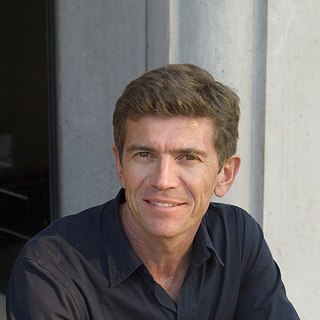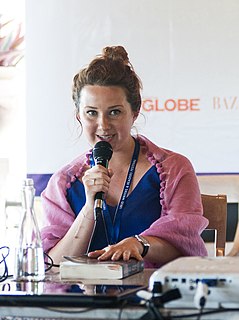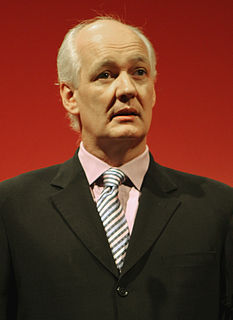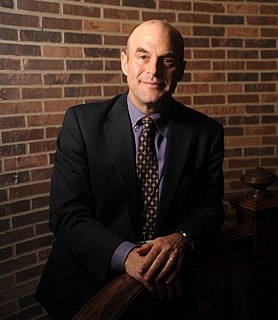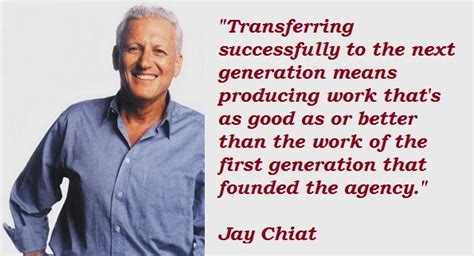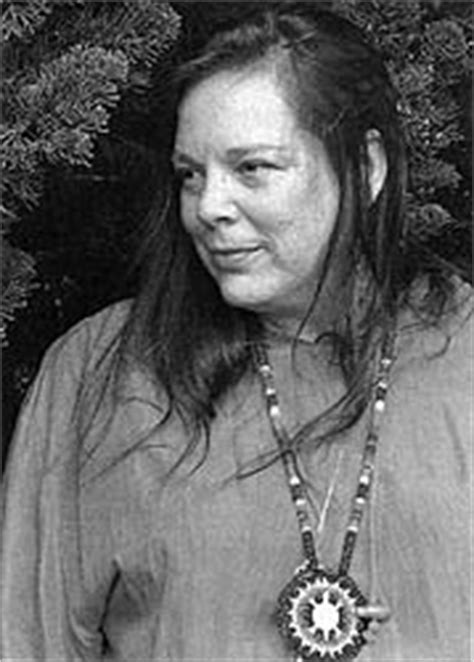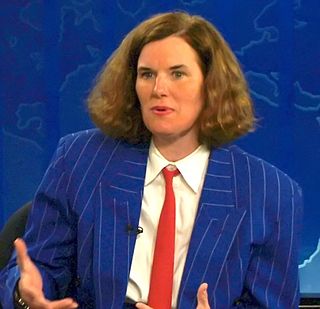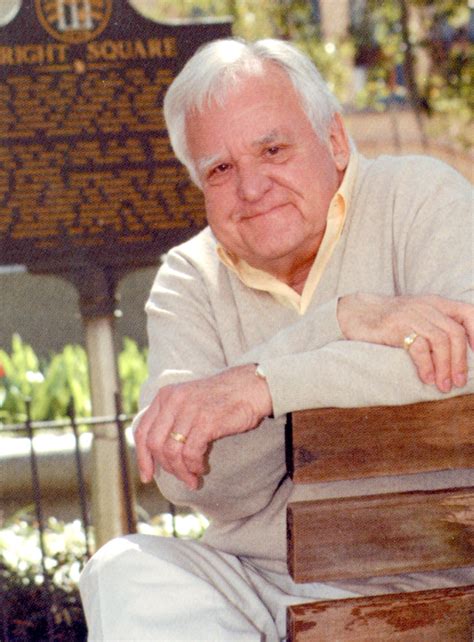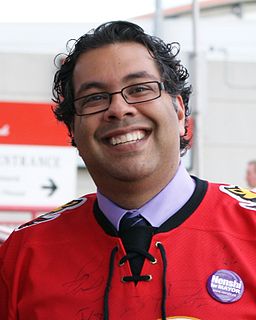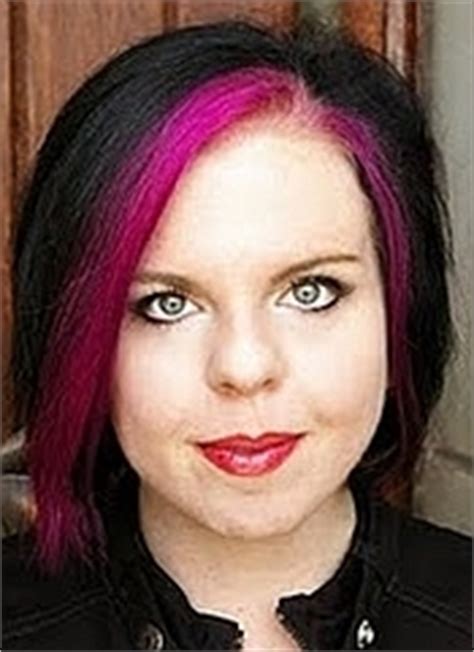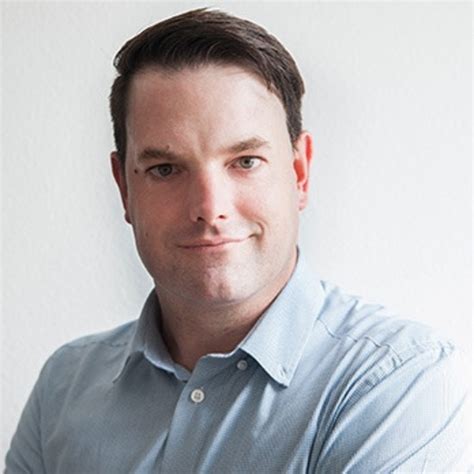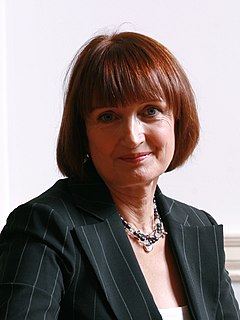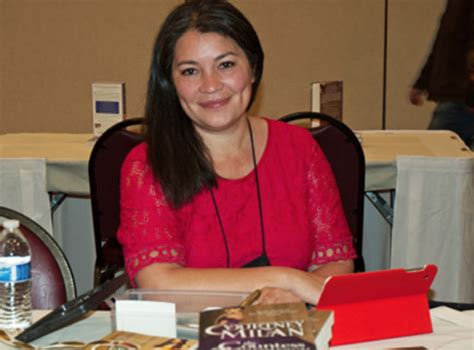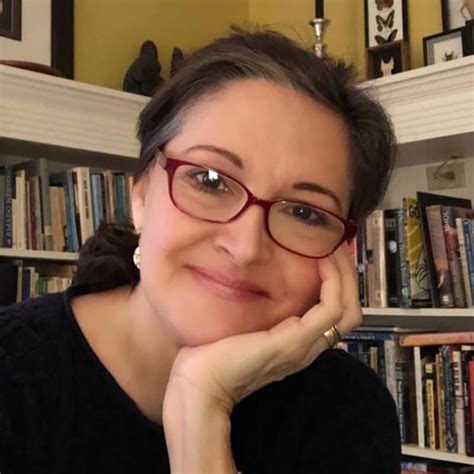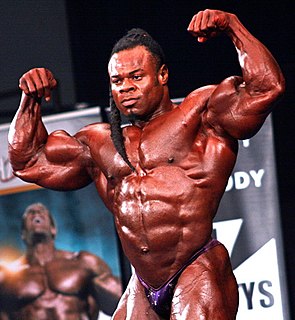Top 565 Libraries Quotes & Sayings - Page 7
Explore popular Libraries quotes.
Last updated on November 5, 2024.
If you look back at history, [Dale ] Carnegie highlighted the need for libraries to be a place where everyone could go to read if you didn't have access to books. Philanthropy can be a place that'll take a risk or point to areas to make sure they are the right government investments to reduce inequalities.
We tend to think of philosophies as produced by professional philosophers. Traditionally, this has meant people who have written dissertations on obscure subjects or who spend most of their day in libraries. But every human is, in an important sense, a carrier of an implicit philosophy - evident in their choices, pronouncements and commitments.
I'm a big researcher. I love libraries and archives and I have a huge National Geographiccollection. I have a good amount of books and records, and I'm on the Internet. I think research yields a lot and can help you pull different discordant works that may not be harmonious. Through time and with patience and focus, you bring them all together.
Libraries are the future of reading. When the economy is down, we need to make it easier for people to buy and read books for free, not harder. It is stupid to sacrifice tomorrow's book buyers for today's dollars, especially when it's obvious that the source in question doesn't have any more dollars to give you.
There's this long tradition of... even 'Where The Wild Things Are,' which many people consider the best kids' picture book of all time. It was considered revolutionary, and some libraries wouldn't carry it. But it's a classic because it taps into empowerment for kids, kids facing dangers and winning.
The libraries of America are and must ever remain the home of free and inquiring minds. To them, our citizens-of all ages and races, of all creeds and persuasions-must be able to turn with clear confidence that there they can freely seek the whole truth, unvarnished by fashion and uncompromised by expediency.
I have encountered those who feel that libraries have served their purpose and are no longer needed. There are those who consider them a soft target when it comes to local authority budget cuts. In certain political quarters, there is a refusal to see that our public library service needs active protection.

